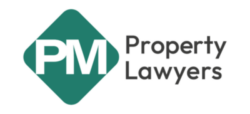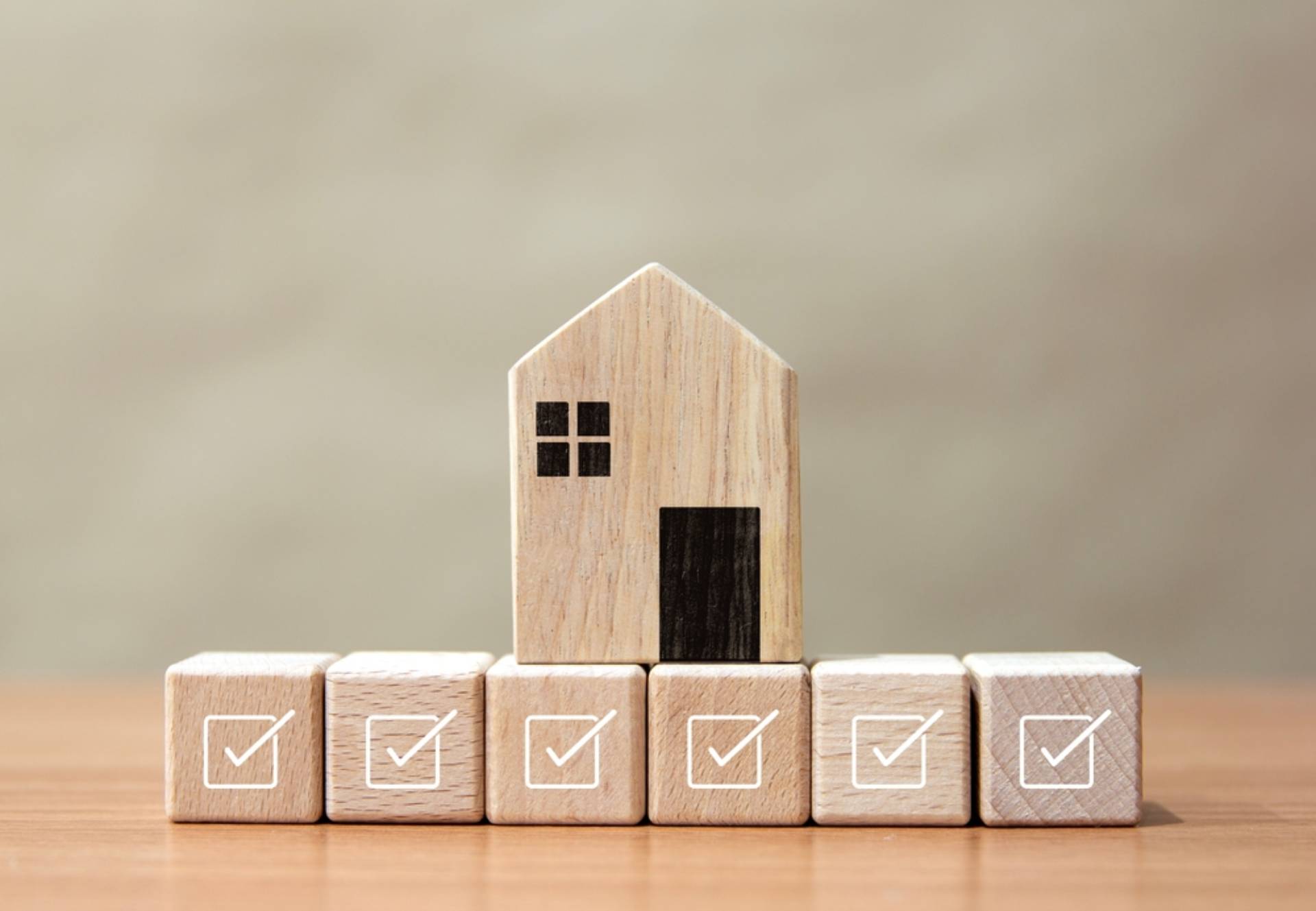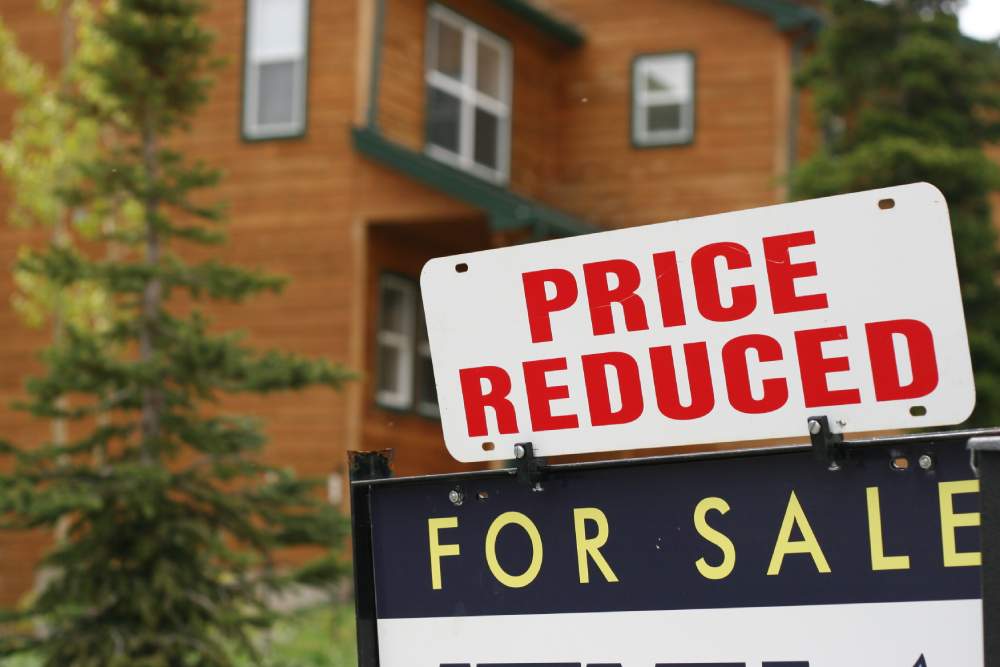In the world of property ownership, the concept of collective enfranchisement has gained significant attention and recognition. It’s a process that offers leaseholders the opportunity to take control of their property’s destiny in a way that was once deemed complex and challenging.
As we delve into the intricacies of collective enfranchisement, we’ll uncover its significance, benefits, and the empowerment it brings to those seeking greater control over their living spaces. Join us as we explore this journey of property ownership transformation.
Collective enfranchisement is a legal process where leaseholders, in a shared building like a block of flats, collectively purchase the freehold of the building. This gives leaseholders greater control over their property and the building’s management. It is a relatively recent right given to leaseholders and was introduced under the Leasehold Reform Housing & Urban Development Act 1993.
The Benefits of Owning the Freehold
Owning the freehold to your flat offers a realm of advantages that transform your property ownership experience.
Control Over Management
Gaining the freehold means having an active role in managing the building. You can influence decisions on maintenance, repairs, and overall property upkeep. This newfound control ensures your living environment is maintained to your standards.
Financial Empowerment
Freehold ownership provides financial benefits. You can manage service charges, potentially reducing costs for you and your fellow leaseholders. This control over finances contributes to a more cost-effective and sustainable living arrangement.
Simplified Lease Extension
When you own the freehold, extending leases becomes simpler. This eliminates the need to negotiate with external freeholders, streamlining the process and offering security for the future.
Property Value Enhancement
A property with a share of the freehold often holds higher value. The appeal of ownership, coupled with the benefits it brings, can lead to increased demand and better resale value.
Freedom from Ground Rent
Say goodbye to ground rent obligations. As a freeholder, you won’t be subjected to escalating ground rent charges or intricate lease terms. This financial liberation contributes to peace of mind.
Tailored Building Management
With the freehold in hand, you can tailor building management strategies to suit your preferences. Choosing contractors, defining maintenance priorities, and making decisions aligned with your vision becomes a reality.
Community Strengthening
Collective freehold ownership nurtures a stronger sense of community. Collaborative decision-making fosters unity among leaseholders, creating a harmonious living environment.
How does enfranchisement work?
How Does Enfranchisement Work?
Understanding the process of enfranchisement is essential for leaseholders seeking to collectively take control of their property’s freehold. Here’s a breakdown of how it works:
- Qualification and Formation: Leaseholders must meet qualification criteria, which usually include the number of qualifying tenants in the building and the percentage of non-residential space. Once qualified, leaseholders come together to form a collective enfranchisement company.
- Serving the Initial Notice: The next step is serving the initial notice to the landlord. This notice outlines the leaseholders’ intention to buy the freehold. It also initiates the negotiation process, including determining the premium (the price for the freehold).
- Landlord’s Response: The landlord has a limited timeframe to respond with a counter-notice. This notice includes the proposed terms for the sale, including the premium and other relevant details. Negotiations may follow, either amicably or through a tribunal, to reach mutually agreeable terms.
- Appointment of Professionals: Many leaseholders opt to engage conveyancers or solicitors who specialise in enfranchisement. These professionals guide leaseholders through legal and procedural complexities, ensuring compliance and favourable outcomes.
- Valuation and Premium: Valuation experts assess the value of the freehold, taking into account various factors. The premium is calculated based on this valuation and other considerations, such as potential ground rent income.
- Acceptance and Purchase: Once terms are agreed upon, leaseholders proceed with purchasing the freehold. Funds are usually paid into an escrow account, and legal documents are exchanged to complete the transfer of ownership.
- New Freehold Management: With ownership transferred, the leaseholders assume control of the building’s management. This includes making decisions about maintenance, repairs, and other aspects previously controlled by the landlord.
How much will it cost to purchase freehold?
The cost of purchasing the freehold through collective enfranchisement varies based on multiple factors. Valuation of the property, the number of flats, lease length, ground rent, and professional fees all influence the cost. Leaseholders share the purchase price, so more flats mean lower individual costs.
Professional fees, including valuers, solicitors, and surveyors, contribute to expenses. Negotiations and potential tribunal involvement can add extra costs. Other considerations include stamp duty, land registration fees, and capital gains tax implications.
For an accurate estimate, consult professionals experienced in enfranchisement. Valuers assess property value, solicitors guide legal matters, and surveyors evaluate building conditions. While exact figures are hard to predict, understanding these factors will help manage expectations and make informed decisions.
Should I Get Advice From a Solicitor For Collective Enfranchisement?
While not mandatory, enlisting a conveyancer or solicitor is highly recommended. Enfranchisement involves intricate legal processes, negotiations, and paperwork. A legal professional specialising in property law can ensure your rights are protected, negotiations are fair, and the transaction is smooth.





